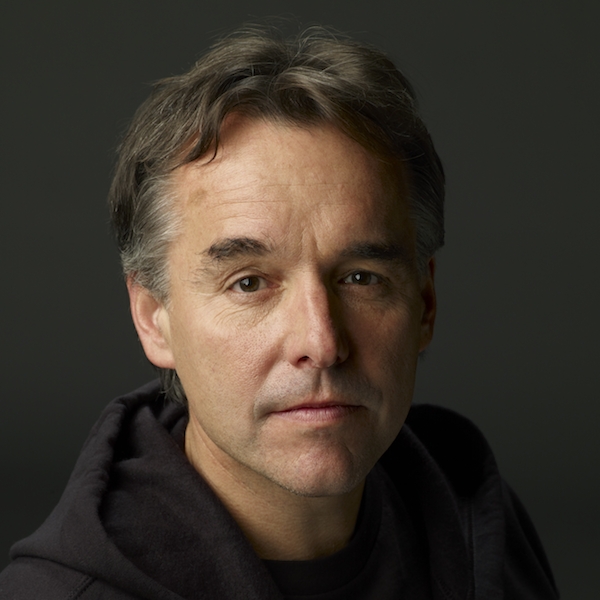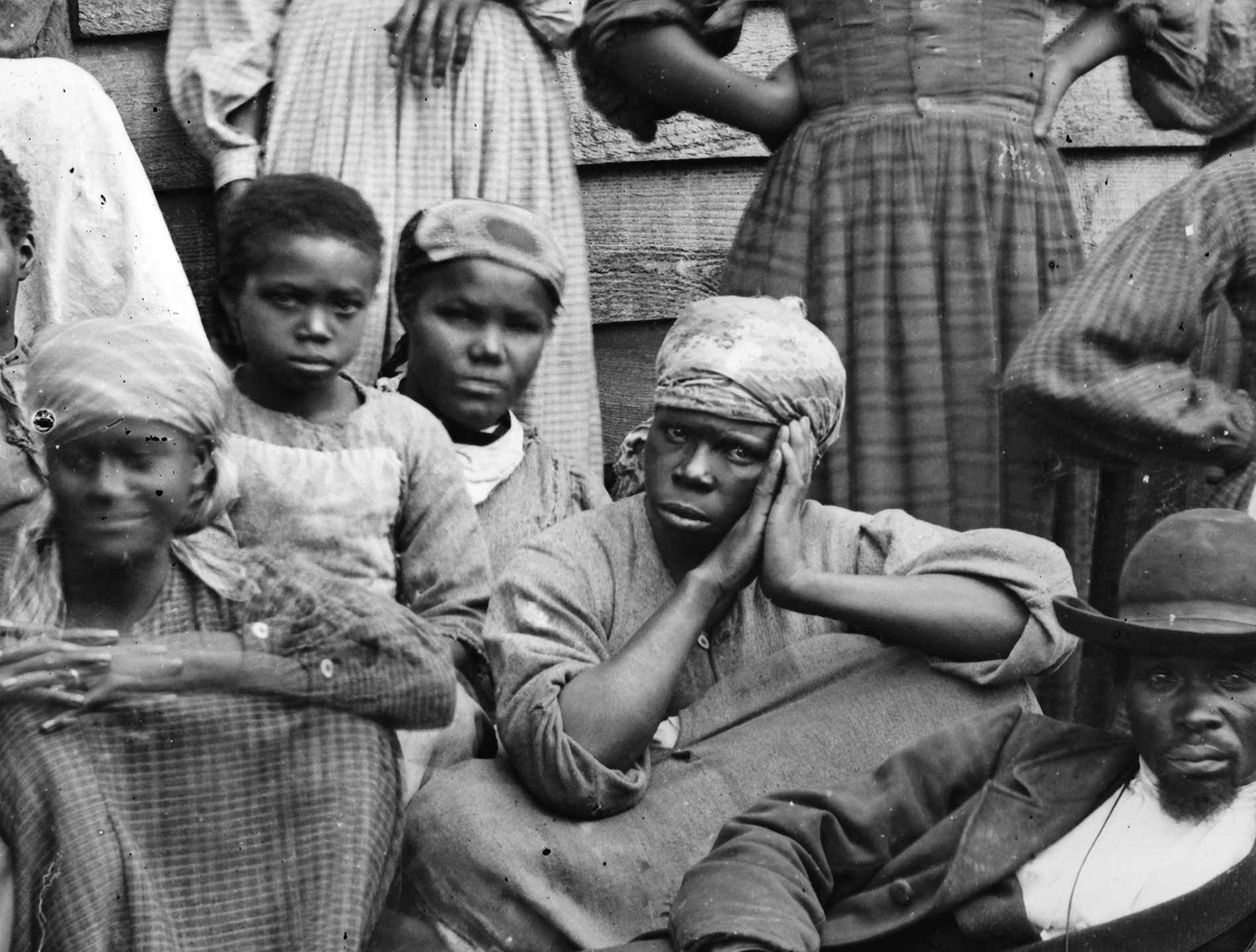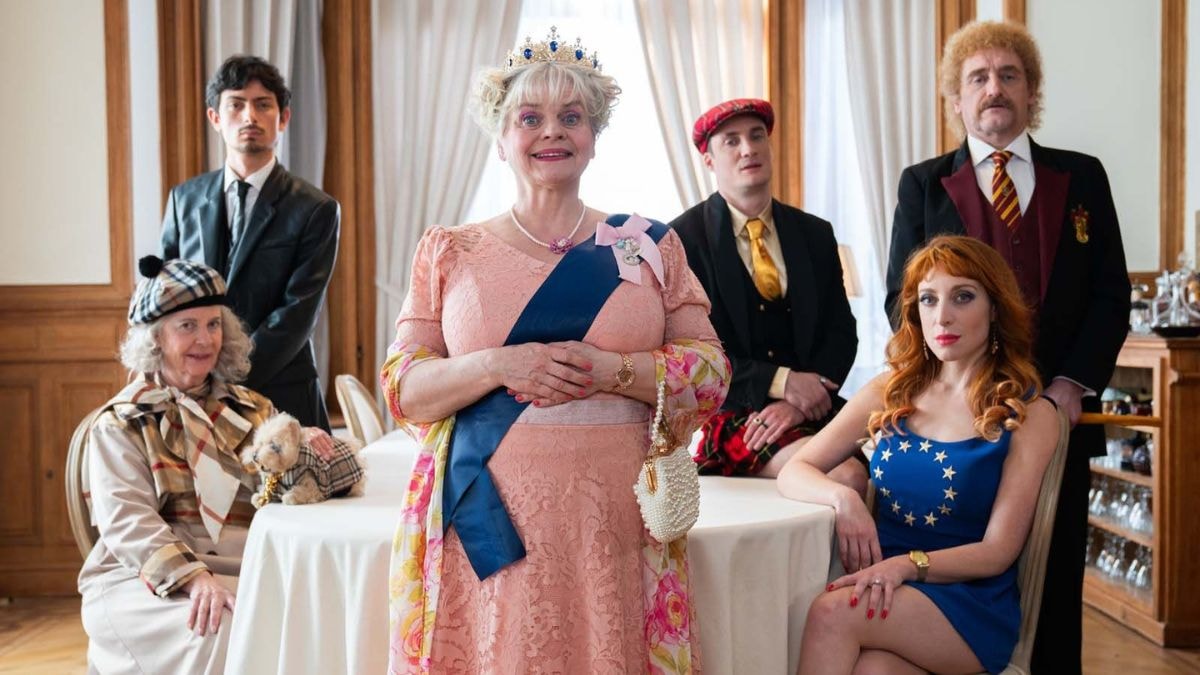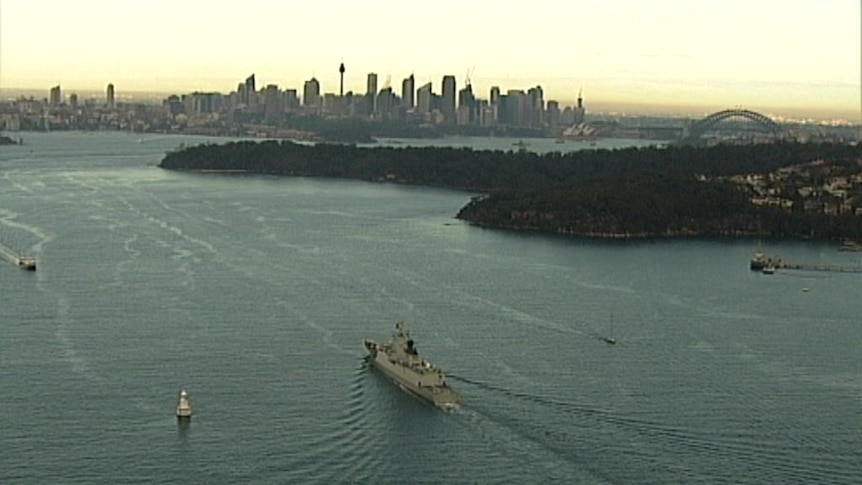Exploring The Reasons For Chris Columbus' Non-Participation In Harry Potter And The Prisoner Of Azkaban

Table of Contents
Creative Differences and Vision for the Series
Columbus's vision for the first two films was undeniably family-friendly. He aimed for a whimsical, enchanting atmosphere, prioritizing a lighter tone suitable for a broad audience. However, Harry Potter and the Prisoner of Azkaban, based on the third book in the series, marked a significant tonal shift. The novel delves into darker themes, introduces more complex characters, and features a more mature and suspenseful narrative. This inherent darkness and complexity might have clashed with Columbus's established vision for the franchise.
- Tone Shift: The first two films were bright, colorful, and largely focused on the wonder of the magical world. Prisoner of Azkaban, in contrast, embraces a darker palette, exploring themes of betrayal, loss, and the darker sides of magic.
- Stylistic Differences: Alfonso Cuarón, who ultimately directed Prisoner of Azkaban, brought a distinctly different stylistic approach. His direction favored a more realistic and atmospheric feel, a departure from Columbus's more fantastical style.
- Character Portrayal: Potential disagreements might have arisen regarding character portrayals. Cuarón's interpretation of characters like Sirius Black might have differed significantly from Columbus's envisioned approach, leading to creative friction.
Scheduling Conflicts and Other Projects
Another plausible explanation for Chris Columbus's absence lies in potential scheduling conflicts. Directing a major film like a Harry Potter installment is a massive undertaking, demanding immense time and commitment. It's possible that Columbus had other projects lined up that conflicted with the production timeline of Prisoner of Azkaban.
- Concurrent Projects: Around the time of Prisoner of Azkaban's production, Columbus was involved in other film projects. The precise scheduling details might not be publicly available, but analyzing his filmography from that period could reveal potential overlaps.
- Production Timeline: The sheer scale of a Harry Potter film requires extensive pre-production, filming, and post-production phases. Even minor delays can have a ripple effect, potentially creating conflicts with other commitments.
- Speculation: While definitive proof of scheduling conflicts is hard to come by, the demanding nature of filmmaking and Columbus's other projects make this a very realistic possibility.
Columbus's Own Statements and Interviews
Unfortunately, concrete statements from Chris Columbus directly addressing his reasons for leaving the Harry Potter franchise after two films are scarce. Any insights into his thinking would need to come from analyzing his interviews over the years. While he hasn't explicitly stated a single definitive reason, piecing together various statements could shed light on his decision.
- Direct Quotes: Finding and analyzing direct quotes from interviews where Columbus discusses his departure from the Harry Potter series would be crucial. These quotes would provide the most authentic perspective on his reasons.
- Interpretation of Statements: Even without direct confirmation, analyzing his general comments on the franchise and his approach to filmmaking might provide clues about his reasons for not returning.
- Future Involvement: Examining if Columbus expressed any desire for future involvement or maintained a positive relationship with the franchise could also inform our understanding of the situation.
Conclusion: Understanding Chris Columbus's Departure from the Harry Potter Series
In conclusion, while a definitive answer to why Chris Columbus did not direct Harry Potter and the Prisoner of Azkaban remains elusive, a combination of creative differences regarding the increasingly darker tone of the series and potential scheduling conflicts with other projects seem the most likely factors. His departure undeniably impacted the overall tone and stylistic direction of the franchise, marking a significant shift from the more whimsical approach of the first two films to the grittier realism of those that followed.
What are your thoughts on Chris Columbus's absence from Harry Potter and the Prisoner of Azkaban? Discuss the impact of his decision on the film franchise below! Share your theories and insights on the reasons behind this pivotal directorial change. Let's explore this fascinating behind-the-scenes aspect of the beloved Harry Potter saga together.

Featured Posts
-
 Rust A Balanced Review Considering On Set Incident And Artistic Merit
May 03, 2025
Rust A Balanced Review Considering On Set Incident And Artistic Merit
May 03, 2025 -
 Beijings Trade War Pain Hiding Economic Weakness From America
May 03, 2025
Beijings Trade War Pain Hiding Economic Weakness From America
May 03, 2025 -
 Find England Vs Spain On Tv Channel Listings Kick Off Time And Live Streaming
May 03, 2025
Find England Vs Spain On Tv Channel Listings Kick Off Time And Live Streaming
May 03, 2025 -
 Dedicace Les Tuche 5 Hommage Et Inspiration
May 03, 2025
Dedicace Les Tuche 5 Hommage Et Inspiration
May 03, 2025 -
 Sydney Harbour Surveillance Intensifies Following Reports Of Chinese Ships
May 03, 2025
Sydney Harbour Surveillance Intensifies Following Reports Of Chinese Ships
May 03, 2025
